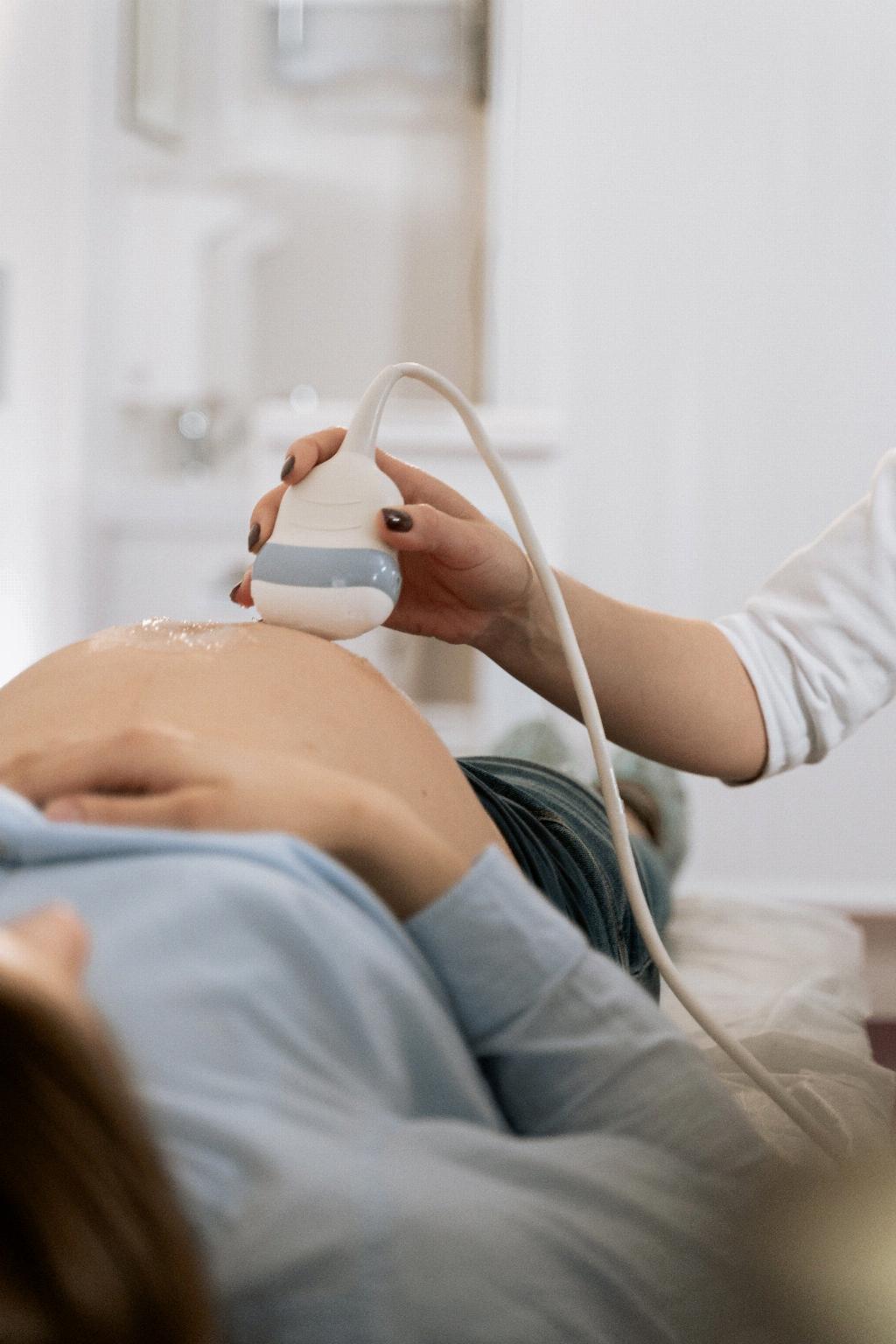When it comes to the connection between ovarian cysts and pregnancy tests, there are certain factors to consider that may lead to a positive result on a pregnancy test even if you are not pregnant. One important aspect to look at is the type of ovarian cyst known as a corpus luteum cyst, which forms after an egg is released from a follicle during ovulation.
Corpus Luteum Cysts and False Positives
A corpus luteum cyst can potentially cause a false positive result on a pregnancy test. This type of cyst can produce hormones, including progesterone, which may mimic the hormones released during pregnancy. As a result, the presence of a corpus luteum cyst can lead to a positive pregnancy test even when there is no actual pregnancy.
Effects of Hormones on Pregnancy Tests
Understanding how hormones interact with pregnancy tests is crucial in comprehending why ovarian cysts can impact test results. Pregnancy tests detect the presence of human chorionic gonadotropin (HCG), a hormone produced during pregnancy. However, other hormones like those produced by ovarian cysts, such as progesterone, can sometimes interfere with the accuracy of the test.
Ultrasound Examination for Ovarian Cysts
One way to confirm the presence of ovarian cysts and evaluate their impact on pregnancy tests is through an ultrasound examination. Ultrasound imaging uses sound waves to create a visual representation of the uterus and ovaries, allowing healthcare providers to identify the size, shape, and characteristics of any cysts present.
Correlation Between Ovarian Cysts and Pregnancy Test Results
It is essential to recognize that while ovarian cysts can potentially lead to false positive pregnancy test results, not all cysts have this effect. The presence of a corpus luteum cyst is more likely to influence test outcomes due to its hormonal activity, but other types of cysts may not have the same impact.
Consulting a Healthcare Provider
If you suspect that an ovarian cyst is affecting your pregnancy test results or if you experience symptoms such as pelvic pain, irregular periods, or changes in urinary habits, it is advisable to consult a healthcare provider. A medical professional can conduct a thorough evaluation and recommend appropriate follow-up tests or treatments.
Monitoring Ovarian Cysts
Regular monitoring of ovarian cysts is essential for understanding their development and potential impact on reproductive health. Through routine screenings and follow-up appointments, healthcare providers can track changes in cyst size, appearance, and symptoms to determine the most appropriate course of action.
Treating Ovarian Cysts
Depending on the type and characteristics of ovarian cysts, treatment options may vary. In some cases, cysts may resolve on their own without intervention. However, if a cyst is causing symptoms or complications, healthcare providers may recommend medications, hormonal therapy, or surgical removal.
Impact of Ovarian Cysts on Fertility
For individuals trying to conceive, the presence of ovarian cysts can raise concerns about fertility. While some cysts may interfere with ovulation or reproductive function, others may have minimal impact on fertility. Understanding the specific effects of cysts on fertility requires individualized assessment and treatment.
Exploring Fertility Options
If ovarian cysts are affecting fertility or reproductive health, exploring fertility treatment options with a healthcare provider is advisable. Fertility procedures such as in vitro fertilization (IVF), ovarian stimulation, or surgical interventions may be considered to address underlying issues and improve the chances of conception.
Conclusion
Overall, the relationship between ovarian cysts and pregnancy test results is complex and multifaceted. While certain types of cysts, such as corpus luteum cysts, can potentially influence test outcomes, individual factors and hormonal interactions play a significant role in determining the accuracy of results. Consulting with a healthcare provider and undergoing thorough evaluations and monitoring are crucial steps in addressing ovarian cysts and their potential impact on reproductive health.

